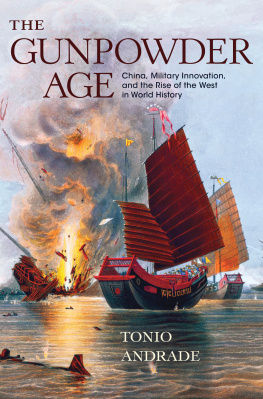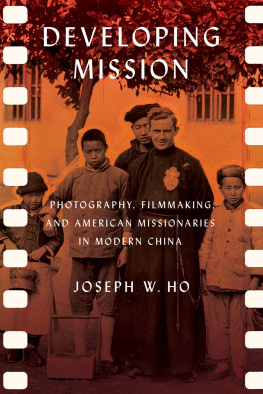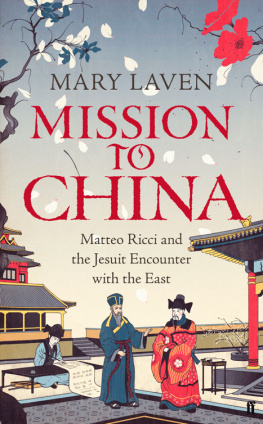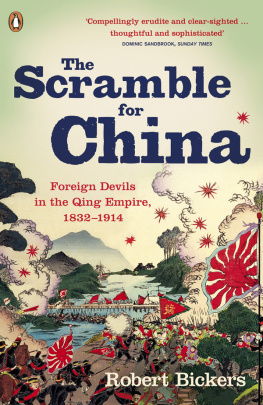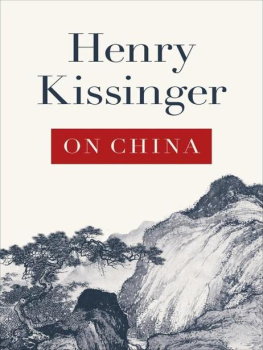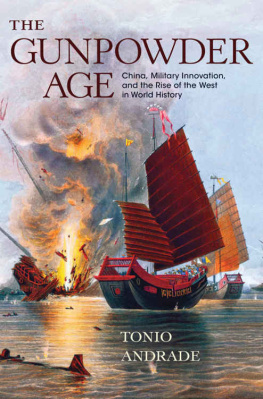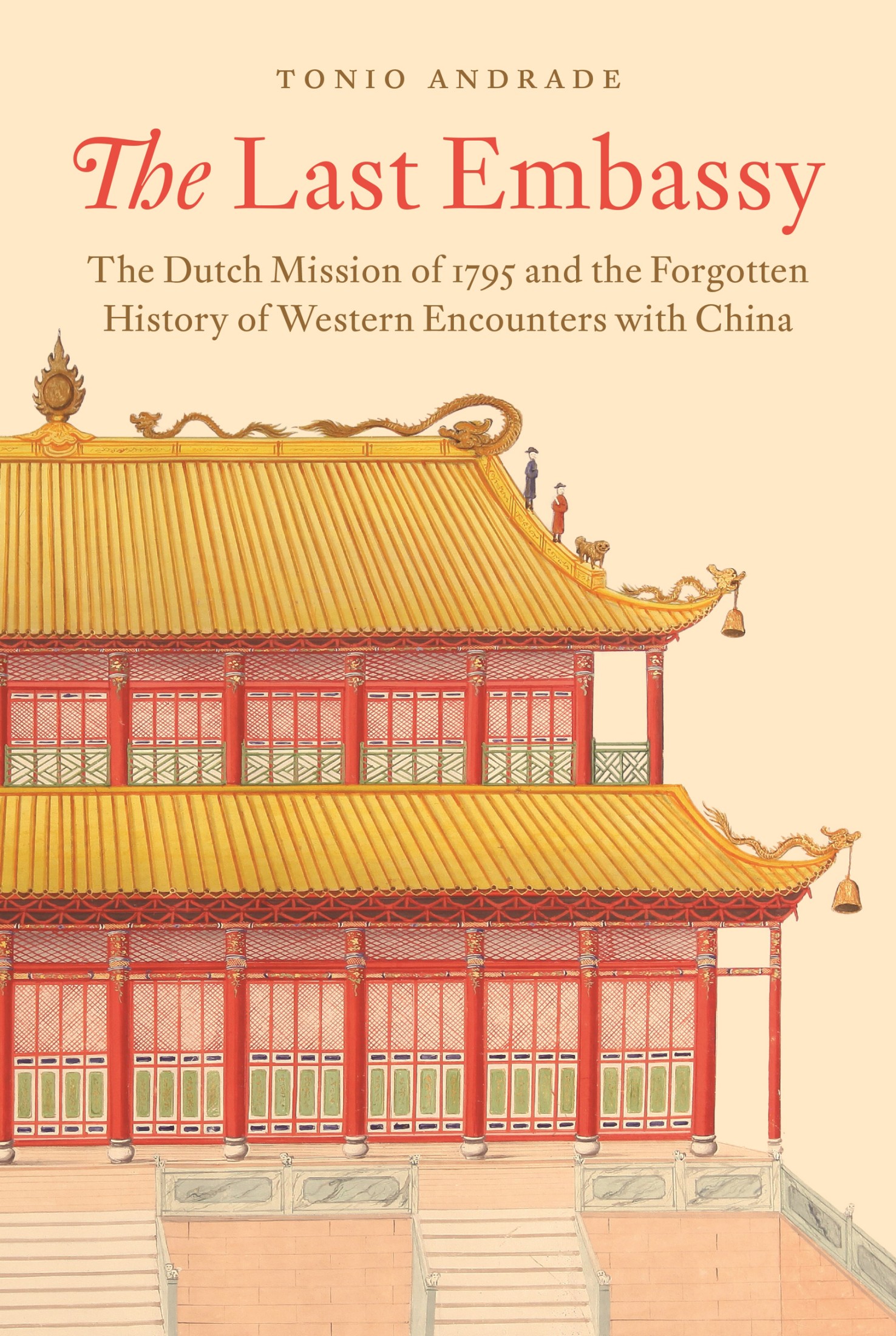Tonio Andrade - The Last Embassy: The Dutch Mission of 1795 and the Forgotten History of Western Encounters with China
Here you can read online Tonio Andrade - The Last Embassy: The Dutch Mission of 1795 and the Forgotten History of Western Encounters with China full text of the book (entire story) in english for free. Download pdf and epub, get meaning, cover and reviews about this ebook. year: 2021, publisher: Princeton University Press, genre: Art. Description of the work, (preface) as well as reviews are available. Best literature library LitArk.com created for fans of good reading and offers a wide selection of genres:
Romance novel
Science fiction
Adventure
Detective
Science
History
Home and family
Prose
Art
Politics
Computer
Non-fiction
Religion
Business
Children
Humor
Choose a favorite category and find really read worthwhile books. Enjoy immersion in the world of imagination, feel the emotions of the characters or learn something new for yourself, make an fascinating discovery.

- Book:The Last Embassy: The Dutch Mission of 1795 and the Forgotten History of Western Encounters with China
- Author:
- Publisher:Princeton University Press
- Genre:
- Year:2021
- Rating:4 / 5
- Favourites:Add to favourites
- Your mark:
The Last Embassy: The Dutch Mission of 1795 and the Forgotten History of Western Encounters with China: summary, description and annotation
We offer to read an annotation, description, summary or preface (depends on what the author of the book "The Last Embassy: The Dutch Mission of 1795 and the Forgotten History of Western Encounters with China" wrote himself). If you haven't found the necessary information about the book — write in the comments, we will try to find it.
From the acclaimed author of The Gunpowder Age, a book that casts new light on the history of China and the West at the turn of the nineteenth century
George Macartneys disastrous 1793 mission to China plays a central role in the prevailing narrative of modern Sino-European relations. Summarily dismissed by the Qing court, Macartney failed in nearly all of his objectives, perhaps setting the stage for the Opium Wars of the nineteenth century and the mistrust that still marks the relationship today. But not all European encounters with China were disastrous. The Last Embassy tells the story of the Dutch mission of 1795, bringing to light a dramatic but little-known episode that transforms our understanding of the history of China and the West.
Drawing on a wealth of archival material, Tonio Andrade paints a panoramic and multifaceted portrait of an age marked by intrigues and war. China was on the brink of rebellion. In Europe, French armies were invading Holland. Enduring a harrowing voyage, the Dutch mission was to be the last European diplomatic delegation ever received in the traditional Chinese court. Andrade shows how, in contrast to the British emissaries, the Dutch were men with deep knowledge of Asia who respected regional diplomatic norms and were committed to understanding China on its own terms.
Beautifully illustrated with sketches and paintings by Chinese and European artists, The Last Embassy suggests that the Qing court, often mischaracterized as arrogant and narrow-minded, was in fact open, flexible, curious, and cosmopolitan.
Tonio Andrade: author's other books
Who wrote The Last Embassy: The Dutch Mission of 1795 and the Forgotten History of Western Encounters with China? Find out the surname, the name of the author of the book and a list of all author's works by series.

